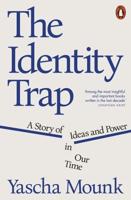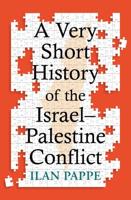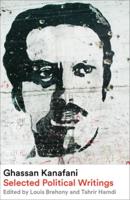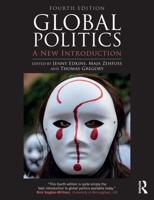Publisher's Synopsis
Though it is rarely explicitly articulated, many believe that there is no public in the Middle East. Scholarship on the Middle East and North Africa almost always engages with politics -- a prominent focus of this region -- yet the assumed absence of public spaces and fora has led many to think that debate, consensus, and concerted social action are antithetical to the cultural, religious, and national heritage of the region. It is a mistake to exclude the public dimension from the study of processes in this region. Recent studies have demonstrated not only the critical importance of the public in everyday practices of the MENA region, but they have also shown how the term and notion of the public sphere can be used productively to advance understandings of collective life. The first section of this volume offers alternative conceptions of the public sphere through rich and innovative theoretical analysis. Philosophical investigations f










